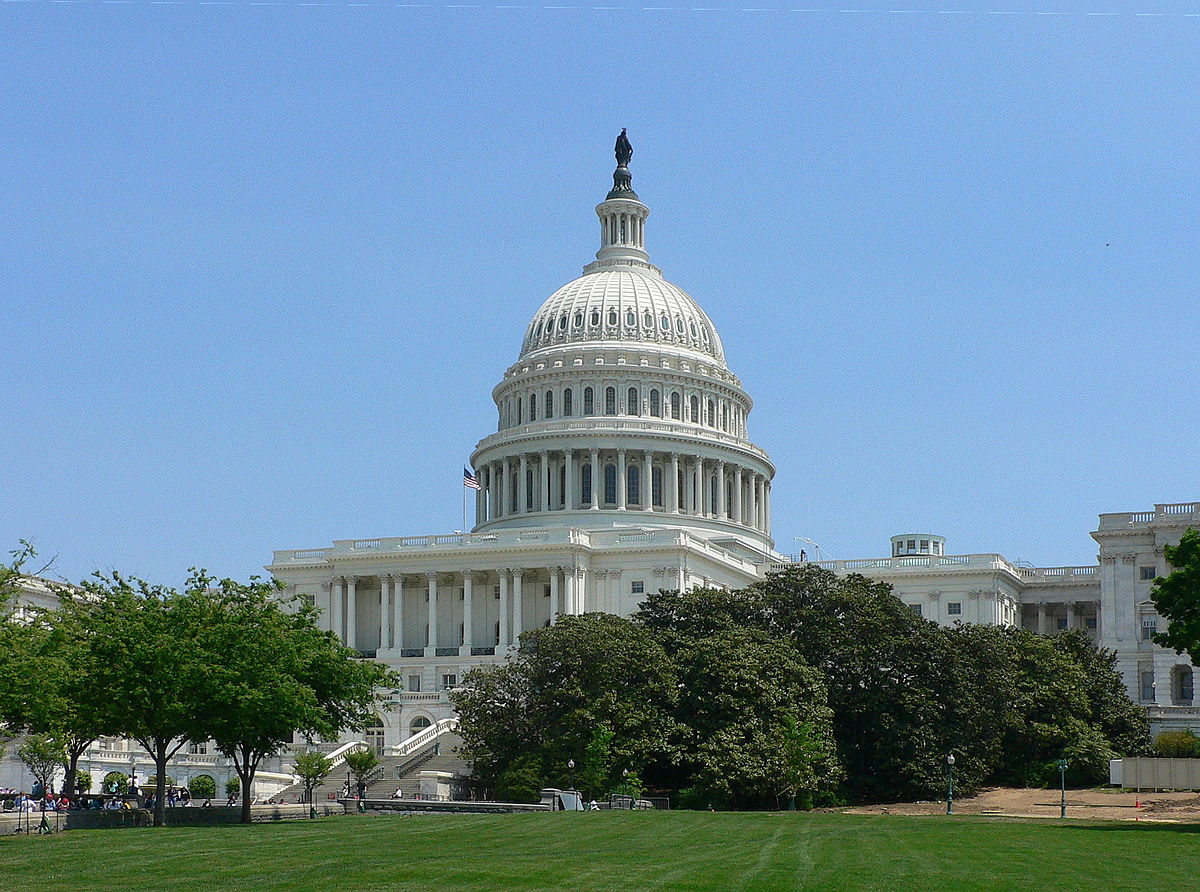The Real Budget Question: How Do You Grow the Economy?
Posted on March 13, 2015
(This originally appeared in the Wall Street Journal’s Think Tank)
House Republicans spent a lot of time in 1995 and 1996 fighting over arcane details of their budget resolution: whether to balance the budget in five, seven, or 10 years; which agency should be the official scorekeeper; whether to use dynamic or static scoring.
Turns out, all that haggling didn’t matter much. The economy grew so rapidly that by 1999 the quandary was no longer how to balance the budget but how to spend the surplus.
What’s the takeaway? The federal budget process tends to focus on political battles and niggling details such as “reconciliation” and how to score. It doesn’t focus on the bigger picture–but Congress needs to do just that.
The budget won’t be balanced until the economy is growing. And the U.S. economy isn’t going to grow under our current tax code.
Corporate America faces the highest tax rate in the developed world. Many U.S. companies hire a battalion of tax accountants and lobbyists to find methods or loopholes to ease their tax burden. Others look for ways to locate their operations overseas.
None of this helps to create jobs, increase wages, or improve the U.S. economy.
The U.S. economic growth rate has been anemic the past few years, at just 2.5% in 2010, 1.6% in 2011, 2.3% in 2012, and 2.2% in 2013.
If policy makers want to make a difference this year, they should have an answer to this question: How are they going to grow the economy? When it comes to balancing the budget, that’s what really matters.

